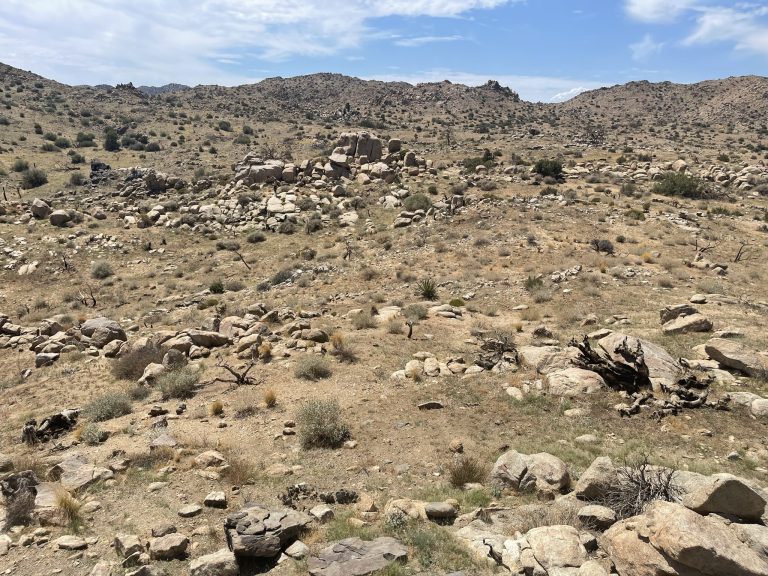Consolidation
“Consolidation” in geology refers to the gradual or slow reduction in the volume of a soil sample (representing a larger soil mass), and the increase in density in response to an applied increasing load, or compressive stress.
“Consolidation” in geology refers to the gradual or slow reduction in the volume of a soil sample (representing a larger soil mass), and the increase in density in response to an applied increasing load, or compressive stress.

Methane Alarm System Methane Alarm System: As per the Los Angeles Department of Building and Safety (LADBS) Methane Code, Ordinance Number 175790, a methane alarm system is part of an active methane mitigation plan. A methane alarm system is a group of interacting components and circuits that synchronize to monitor and annunciate the status of…

Alquist-Priolo Earthquake Fault Zoning Act Alquist-Priolo Earthquake Fault Zoning Act: The Alquist-Priolo Earthquake Fault Zoning Act is a law that assists geologists to define “active faults” versus “potentially active faults.” The process entails using the same aging criteria as the United States Geological Survey (USGS) and the California Geological Survey (CGS). In fact, California policy requires…

Environmental Compliance Definition Environmental Compliance: Environmental Compliance is the action and fact by which an individual or business complies with every applicable environmental law, standard, code, policy, and regulation. Environmental Compliance is required for any entity to become a qualifying environmentally sustainable organization and is a priority for public health matters and business ethics. Essentially,…

Geology Geology: Geology is a field of science relating to the earth, including but not limited to the earth’s resources, physical processes, chemical properties, history, and future. Additionally, the science of geology includes the study of other terrestrial planets, such as Mercury, Venus, or Mars. Branches of Geology There are numerous branches of geology that…

Single Station Methane Gas Detector Single Station Methane Gas Detector: As per the Los Angeles Department of Building and Safety (LADBS) Methane Code, Ordinance Number 175790, a single station methane gas detector is a device consisting of electrical components that are capable of measuring methane soil gas concentrations indoors, and initiating an alarm. The single…

Hardpan (Caliche) “Hardpan” is a highly dense and solid layer of soil near the ground surface, which is usually comprised of clay or silty-clay soils. Hardpan forms by cementation over time, during the process of precipitation of insoluble substances such as calcium carbonates, silica, iron oxides, and other organic matter. “Hardpan” is a term mostly…